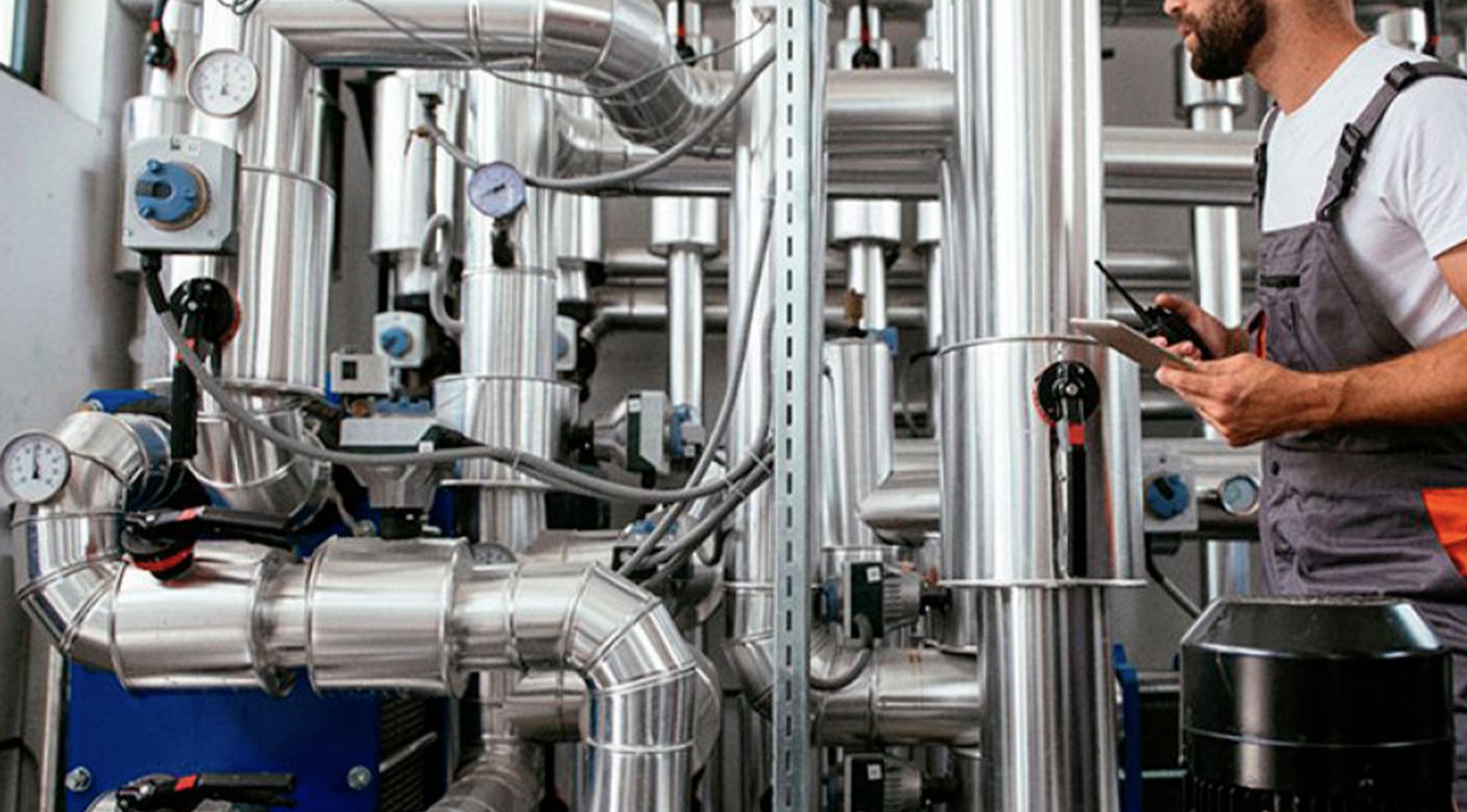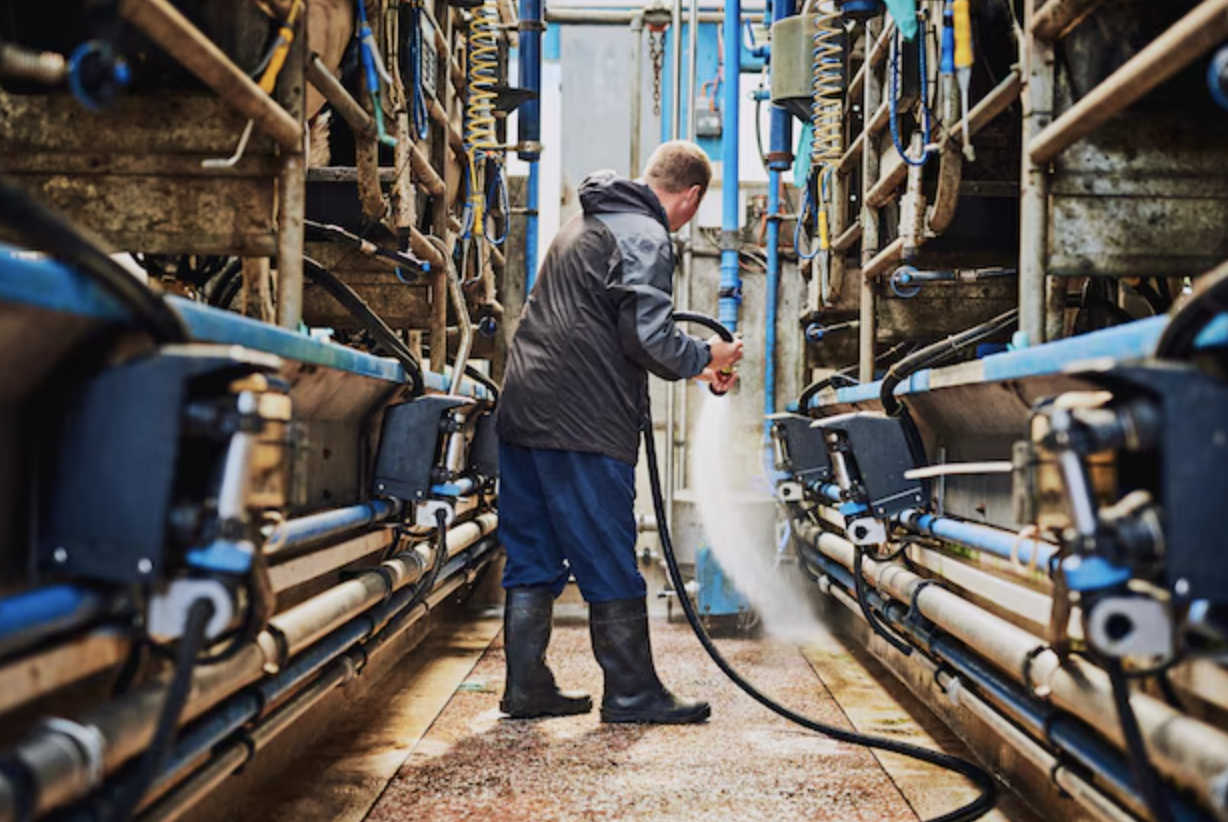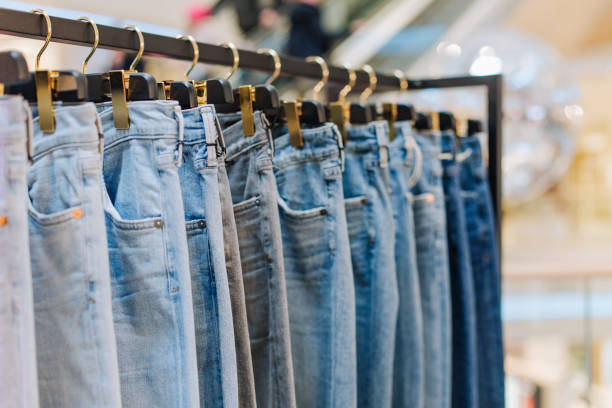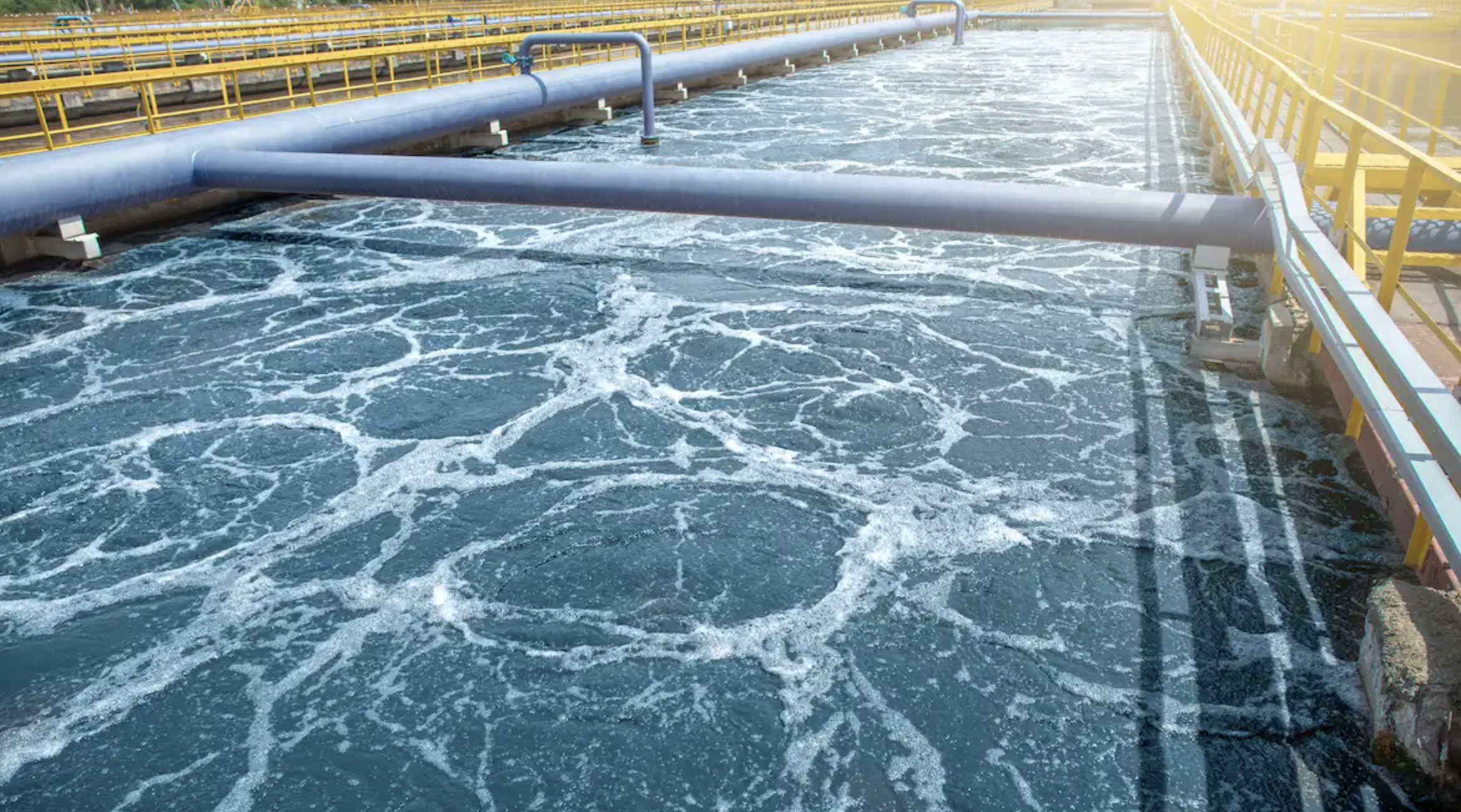30
Años de
experiencia
748
Clientes
satisfechos

Quienes somos
1996
Nace QUIMVER cubriendo las necesidades de la industria textil.
2001
QUIMER se internacionaliza, penetrando en el mercado de Latinoamérica
2006
QUIMER se convierte en Go Químicos S.A de C.V
2013
Se crea una nueva división llamada: Go! Clean
2020
Se formaliza Go Meraki Consorcio S.A de C.V con una amplia gama de productos para uso doméstico, industrial e institucional







